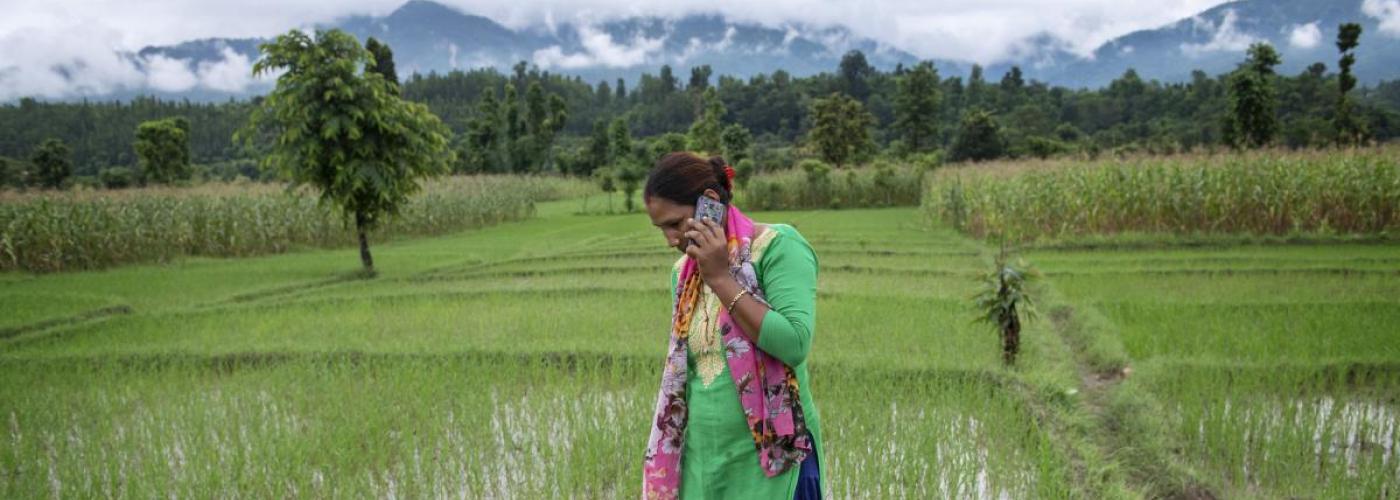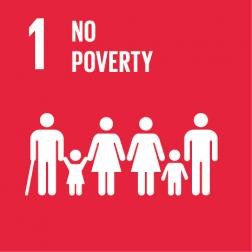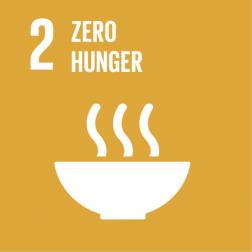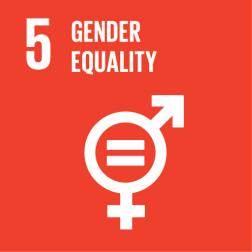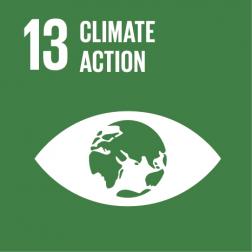Producing enough nutritious food for everyone is and will remain a huge challenge. And not just because the global population is continuing to increase. We expect about 10 billion people by 2050, compared to about 8 billion today. But the rapidly changing climate and die-off in biodiversity also place a heavy burden on food production. Thus, a world without hunger does not seem to be immediately in sight, especially since 768 million people were still hungry in 2021. The coronavirus pandemic and the war in Ukraine worsened the situation.
One CGIAR
But did you know that there is a network of agricultural research institutions feverishly working towards sustainable and resilient food production? CGIAR includes some 15 institutions that have focused on various aspects such as rice, wheat and corn, livestock, dryland crops, potatoes, water and fish for over 50 years. In total, CGIAR is active in 89 developing countries.
Recently, these institutions have joined together more tightly to form 'One CGIAR', so as to have an even greater impact on food production worldwide. The various Sustainable Development Goals are the guiding theme in this respect. Indeed, it is essential not to lose sight of the full picture. Increasing the production of high-quality and affordable food does not stand alone; it must also be accompanied by an increase in biodiversity, rising economic growth and greater resilience to climate disruption. In other words, the original goal of 'eradicating hunger' was expanded to 'transforming the world's food, land and water systems in a climate crisis'.
Decades of experience in research and innovation are an important asset for CGIAR. Indeed, numerous studies have shown that investment in agricultural research can bring about significant economic and social benefits. Moreover, with its strong presence and long-standing partnerships in the South, it is ideally placed to develop agricultural innovations. Especially in sub-Saharan Africa and parts of South Asia, where food shortages and poverty are the most persistent.

5 areas
CGIAR has outlined 5 areas – all related to one another – where it urgently wants to increase its impact:
- Nutrition, health and food security
- Poverty reduction, livelihoods and jobs
- Gender equality, youth and social inclusion
- Climate adaptation (= adapting to the inevitable consequences of climate disruption, such as drought) and climate mitigation (= preventing climate disruption by emitting fewer greenhouse gases)
- Environmental health and biodiversity.
As such, it formulated some specific goals for 2030. These include providing an affordable and healthy diet for the 3 billion people who do not yet have access to safe and nutritious food. Or lifting at least 500 million people in rural areas out of extreme poverty. Alongside this, empowering more than 500 million women so that they have more control over land and natural resources.
Belgium is providing support
CGIAR is not doing this alone. It is working with over 3,000 partners: national governments and research institutions, in addition to global policy bodies, private companies and NGOs. Its funds come from a wide range of countries, including Belgium. Our country has been a loyal funder of CGIAR for many decades. In 2019, it was the 17th-largest donor country. For the 2022-2024 period, our country is providing 12 million euros, in addition to further funding through climate financing.
Half of Belgian aid flows into the general budget. The rest was allocated to three specific initiatives. One focuses on developing resilient, climate-smart and nutrient-rich food systems in West and Central Africa. Again, a holistic view is being taken. For example, at least 80,000 smallholder farmers will gain access to nutritious crop varieties. At least 16,000 of them will adopt climate-smart practices. Households will be encouraged to consume more nutritious crops.
In addition, 3 million farmers will receive information on climate and market prices smoothly via their mobile phones. They will also be alerted quickly if any problems are imminent (early warning) with, for example, diseases and pests. At least 20,000 young people and 15,000 women will be trained up to start a business.
Another initiative aims to develop a solid scientific basis for an agro-ecological approach. Agro-ecology means producing, processing and consuming food in a way that is truly sustainable. It thus encompasses the entire food system – from production to consumption. Through a holistic vision, it aims to optimise the interactions between plants, animals, people and the environment.
More specifically, this initiative aims to develop and scale up agro-ecological innovations. Target groups are small-scale farmers and other players in the agricultural and food system within different socio-ecological contexts. Agro-ecology is a priority for Belgian development policy.
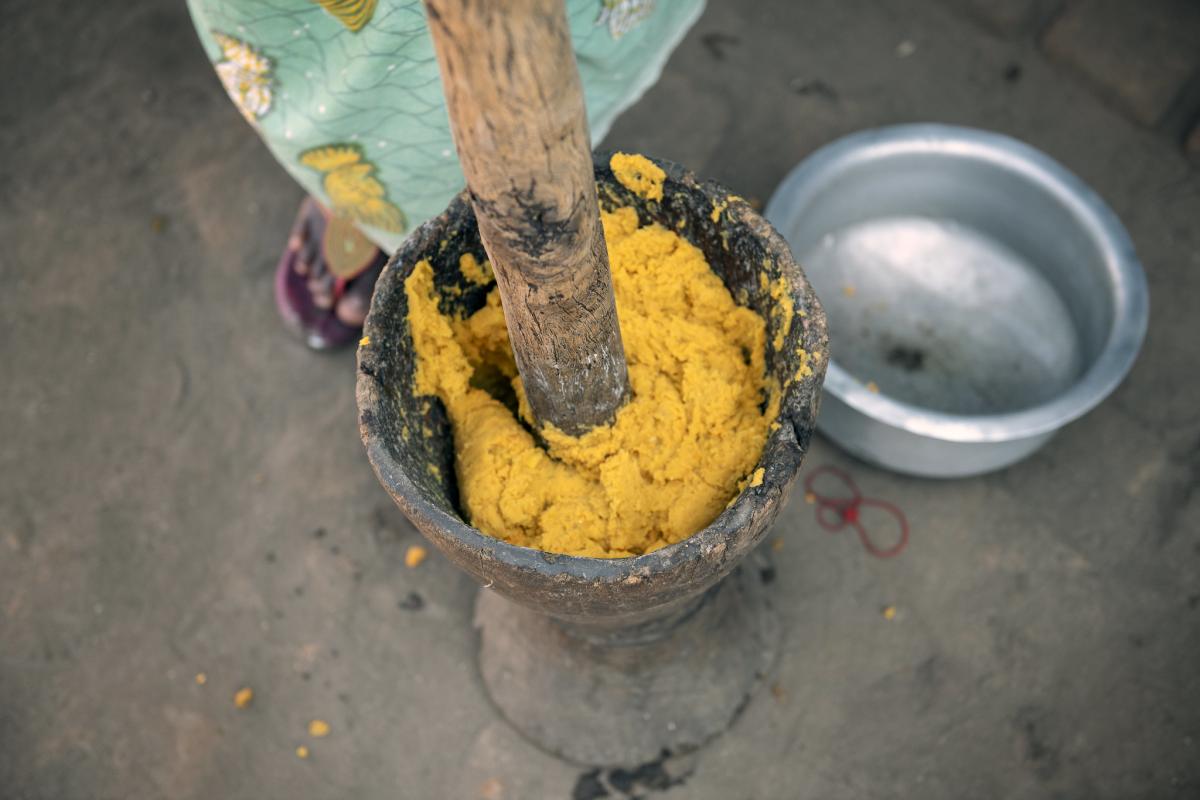
Fine successes
The challenges are huge. But CGIAR has decades of experience and can boast a string of fine successes. All the while, it has provided some crucial science and innovation to feed the world and end inequality. Its work has freed hundreds of millions of people from hunger and poverty and supported low-income producers and consumers.
More specifically, 60% of the seeds used in tropical agriculture stem from research associated with CGIAR. And at least 6.8 million households in South Asia and Africa now grow sweet potatoes that have been fortified for a higher vitamin A content. Breeding varieties with higher nutritional value, by the way, is one of the core activities of CGIAR.
Belgium will therefore continue to support CGIAR in full confidence. As a leader in agricultural research and agricultural innovation for development, it has all the assets it needs to make a difference by 2030.


